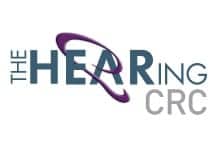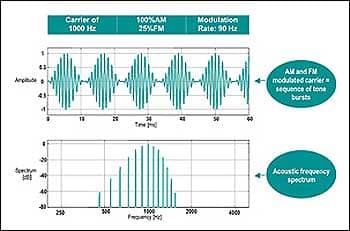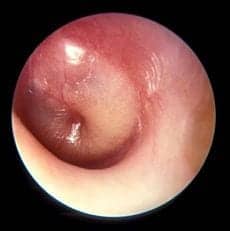In concert with Hearing Awareness Week, August 21-27, HEARing CRC announces that a new combination of tests help health professionals working with children with listening difficulties more accurately diagnose auditory processing disorders (APD) in children, and distinguish these from other disorders such as attention deficit disorder (ADD) and autism spectrum disorder (ASD).

Studies by HEARing Cooperative Research Centre (CRC) researcher Dani Tomlin, PhD, at The University of Melbourne have allowed a better understanding of the variety of difficulties that children with APD experience, especially with listening and learning. APD is usually diagnosed by an audiologist who uses a test battery of listening tasks to measure a child’s listening skills.
“An important outcome of our study has been the inclusion of more specific tests in the APD diagnosis test battery,” said Tomlin. “These tests assess a child’s attention, memory and intelligence, as well as their ability to understand and use language. Health professionals need to be careful so as not to confuse APD with other attention, behavioral, hearing and language disorders such as attention deficit disorder (ADD) or Autism Spectrum Disorder (ASD) that can show similar symptoms.”
The use of attention and memory tests along with more accurate data to better identify the causes of the child’s listening difficulty will now be added to APD test batteries in hearing clinics throughout Australia. The addition of the new tests will result in improved diagnosis and remediation of children with listening deficits, allowing them to continue with their learning and education.
“While this is a great outcome for parents with children who have APD, the next step for us is to develop new training programs that specifically target the primary causes of listening difficulties identified by the updated APD test battery,” Dr Tomlin explained. “These programs will focus on improving a child’s listening and academic ability, and determining if targeting their cognitive abilities and/or listening skills is the most effective approach to treating APD.”
The use of age-specific, Australian data available to all health professionals played an important part in deciding which tests can be used to diagnose APD, particularly ones closely aligned to the real-life problems. The use of cognitive tests has greatly improved the ability of health professionals to more accurately determine the primary cause of a child’s listening difficulties.
“Tomorrow’s classrooms are likely to continue to be large, interactive, busy, noisy spaces that will continue to challenge the listening ability of many children, which will need to be balanced by a demand from the community to provide spaces that promote optimal learning,” said Tomlinson.
Source: HEARing CRC







I wholeheartedly agree that assessing attention, memory and other cognitive processes such as processing speed can give a much more complete picture of the underlying causes of learning and listening challenges. Equally important to creating that comprehensive picture of what is contributing to a child’s challenges is offering solutions or deficit specific treatment. for all of you out there working toward this goal, I have used a program called LearningRx or also called PACE (processing and cognitive enhancement). The auditory training portion of this program is outstanding, It is intuitive, easy to use, targeted and fluid in that it allows the clinician to identify in real time, patterns of errors and zero in on these. Pre and post test results have been outstanding.